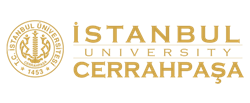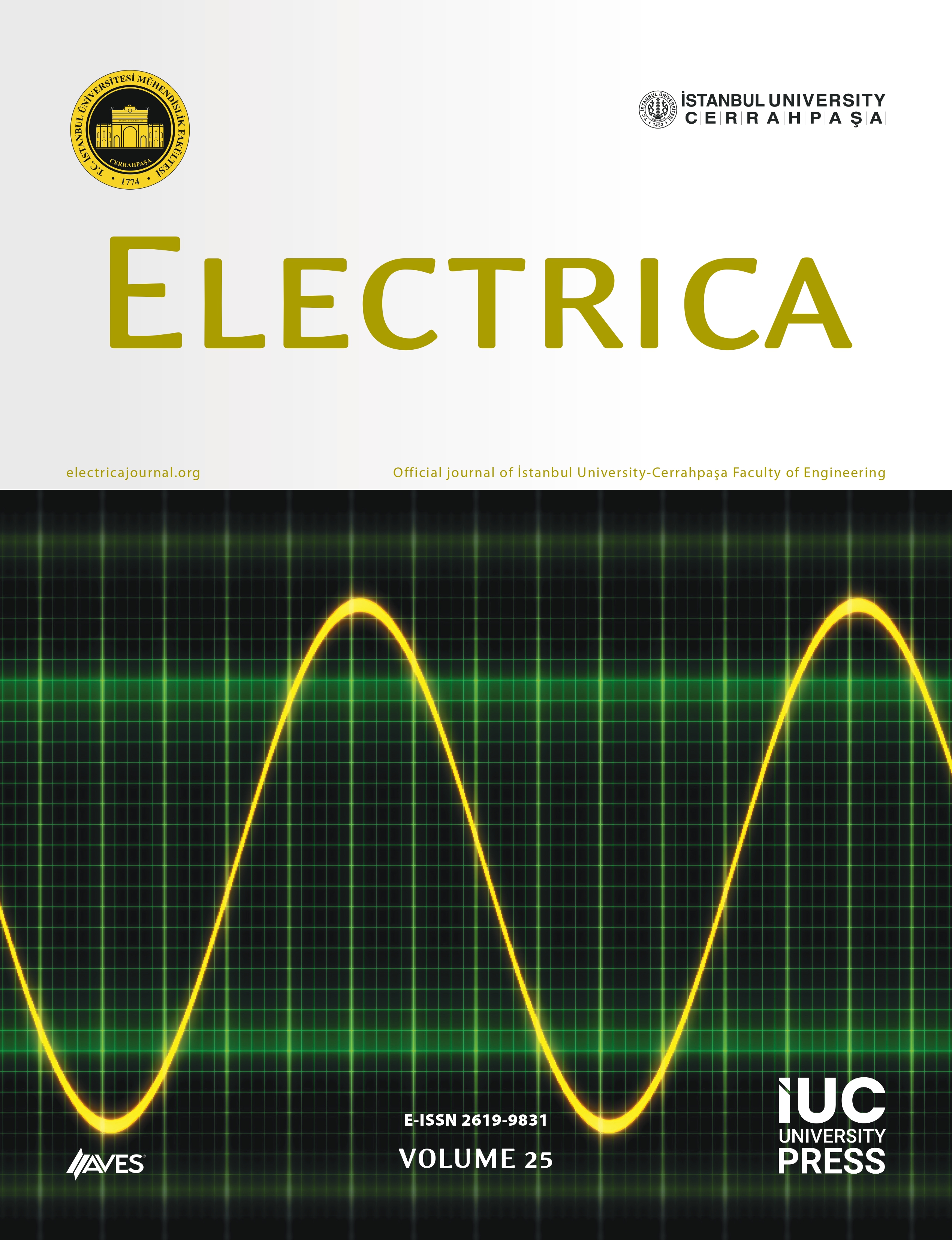Abstract
Nowadays, digital technologies are being used to transform the agriculture sector into a more effective and environmentally friendly one by including technologies such as the Internet of Things (IoT), cloud computing, machine learning, and artificial intelligence (AI). These techniques are used to improve sustainability through more productive farming practices. Internet of Things is one of the most revolutionary techniques to provide improved agricultural services by efficiently managing and analyzing related processes. Traditional methods of a few agricultural services cannot satisfy the intricate needs of a growing population. Hence, a combination of multiple services or service composition is needed to meet user demand. This study addresses this problem by considering various agricultural services and integrating them into a composite service. The proposed work is divided into two phases. To ascertain the non-linear relationship between the cost and time of different services, Lagrange's interpolation model has been employed in the first phase. Subsequently, in the second phase, the Non-dominated Sorting Genetic Algorithm (NSGA-II), a multi-objective evolutionary algorithm, has been utilized to optimize the time and cost of services. The efficacy of the work has been evaluated by analyzing the results of the proposed method using the same multi-objective evolutionary technique, which has a linear relationship between the cost and time of various services.
Cite this article as: S. Sharma and B. Kumar Pathak, "A non-linear multi-objective service composition optimization for smart agriculture with lagrange's interpolation-based evolutionary algorithm," Electrica, 24(3), 670-681, 2024.



.png)

.png)